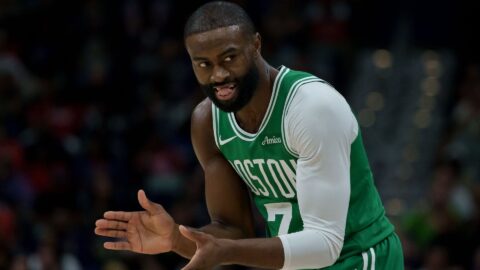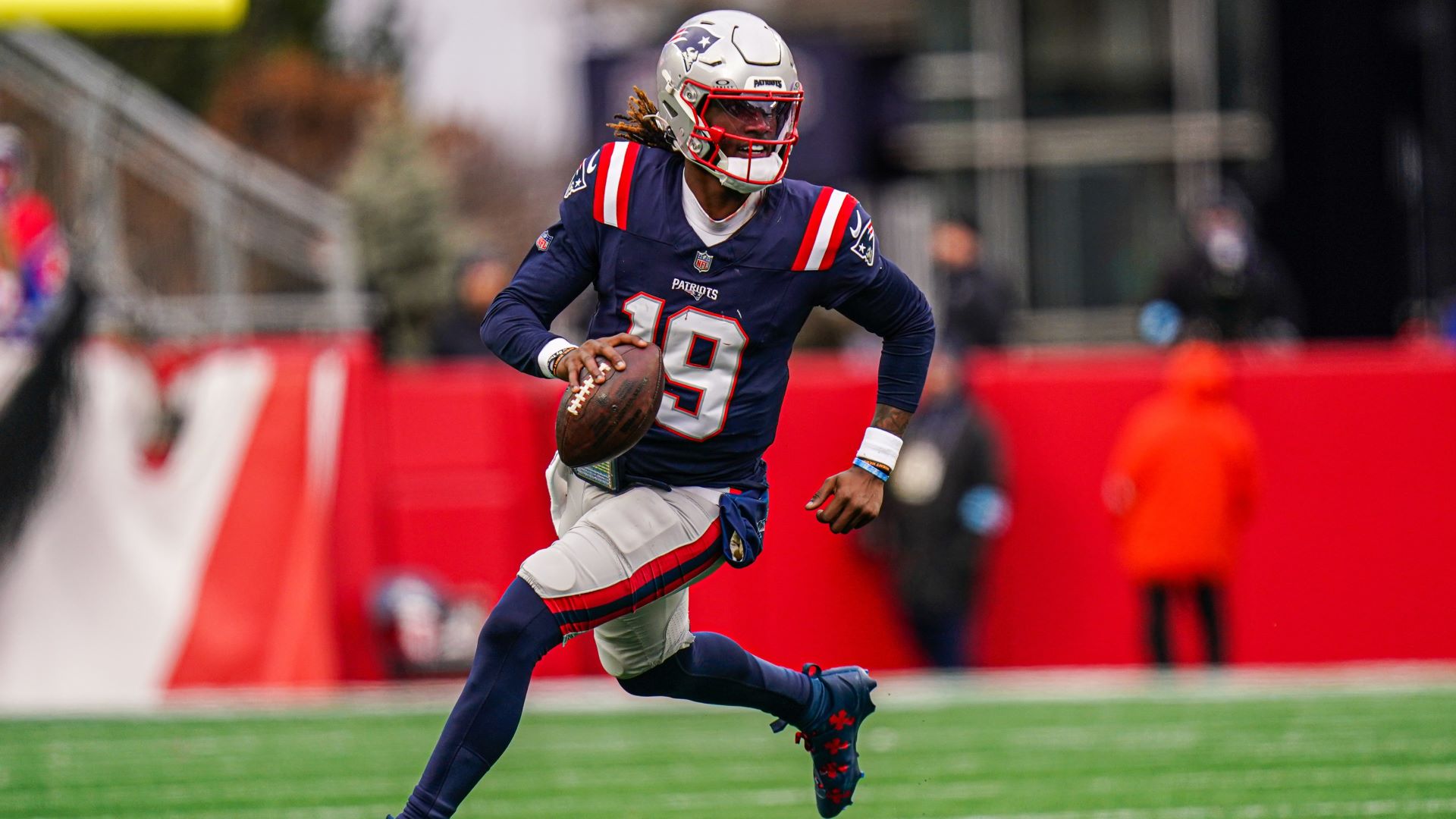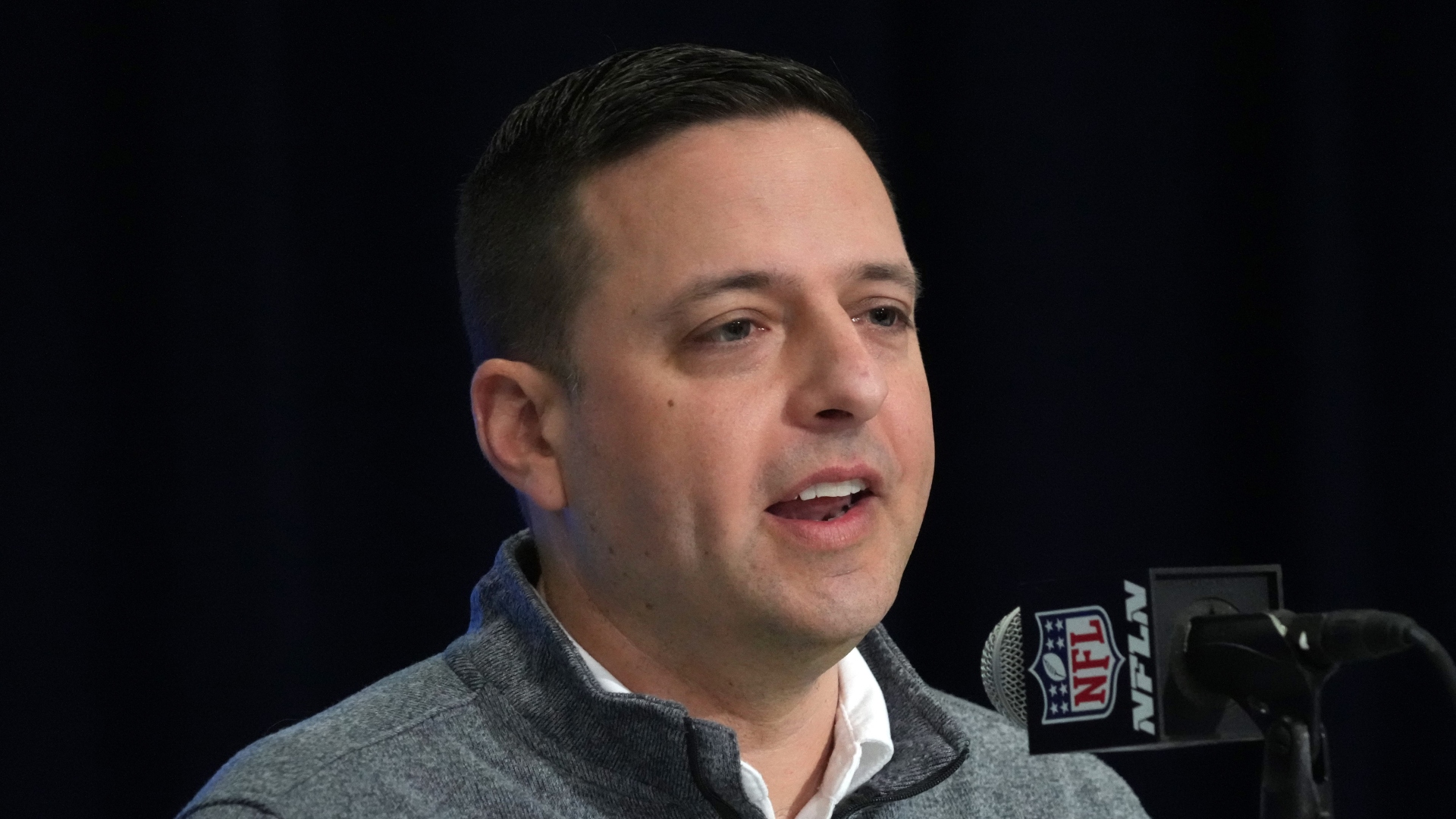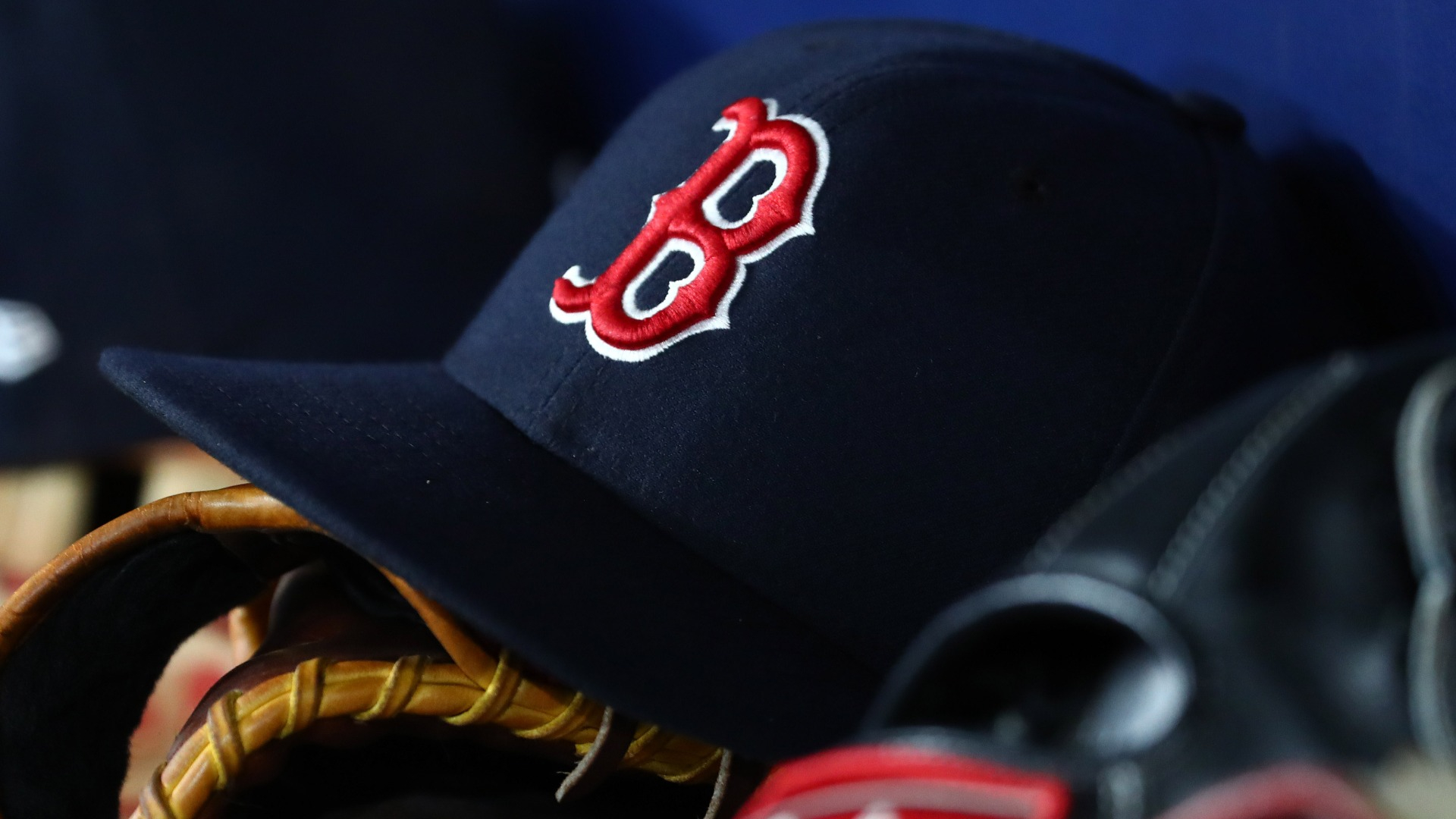The Patrice Bergeron era in Boston started, quite honestly, with at least some measure of good fortune for the Bruins.
At the 2003 NHL Entry Draft in Nashville, 44 names were called before Bergeron's by 25 different teams, including the Atlanta Thrashers, Mighty Ducks of Anaheim and, well, the Bruins, who took Mark Stuart at No. 21. Twelve teams passed on Bergeron twice, three passed on him thrice, and the Los Angeles Kings used four picks in that span, ignoring the kid from L'Ancienne-Lorette each time.
It's almost as if Bergeron was destined to wind up in Boston, and he spent his entire career with the Bruins. That career came to a close Tuesday when Bergeron announced his retirement after 19 seasons.
It's hard to have an original opinion about one of the best two-way forwards to ever play the game. Everyone already knows his accomplishments: Stanley Cup champion. Six-time Selke Trophy winner. Two-time Olympic gold medal winner. Member of hockey's Triple Gold Club. Universally liked guy. Arguably the most respected leader in the sport. Good dude in the community.
Story continues below advertisement
Those closest to Bergeron have even called him a "perfect person."
Deifying is risky business, of course, but few professional athletes go an entire career without any sort of real drama or controversy. No one is perfect, but few seemed to pursue perfection as earnestly as Bergeron. That desire to just be good as both a hockey player and person made Bergeron easy to root for in a professional sports landscape that makes it increasingly difficult to do so.
If there was any knock, it's that he didn't win enough championships, which is kind of silly. Another Stanley Cup ring or two surely would have further cemented his legacy. But that sort of thinking undersells the difficulty and impressiveness of actually winning "only" one championship. You don't think Marcel Dione would be OK with "only" one Cup? Cam Neely? Pat LaFontaine? Literally anyone in Toronto over the last 56 years?
Story continues below advertisement
The Bruins themselves had gone almost 40 years since hoisting the Cup before Bergeron and company got back to the promised land.
And that shortsighted thinking ignores what Bergeron was able to do in 2011 on that run to the Cup. Only David Krejci had more points among Bruins that spring and that was with Bergeron missing a pair of games. He saved his best for last, scoring a pair of goals in a winner-take-all Game 7 on the road in Vancouver, putting the exclamation mark on a Black-and-Gold return to glory.

The unfortunate irony of Bergeron is that his willingness to not only play every night but to do so in a way that was supremely taxing on his body might have cost him at points over his career. On one hand, it's downright insane and borderline reckless that the man played through a punctured lung, torn cartilage and cracked ribs in the 2013 Stanley Cup Final. But it makes you wonder what could have been possible had he not been so hurt. Even this past season, Bergeron's willingness to play 78 games as a 37-year-old opened him up to the herniated disc he suffered in the final game of a historic regular season. As soon as he was cleared, he was on the ice in what must have been considerable pain, and he clearly wasn't right. For him, though, there wasn't any other option.
Story continues below advertisement
Ultimately, Bergeron's on-ice accomplishments are what will earn him enshrinement into the Hockey Hall of Fame. He is a first-ballot inductee, no doubt. And when Bruins fans think of Bergeron, their mind's eye will project any number of great plays or big goals he made with the Spoked-B on his chest. Few athletes in New England sports history, however, were so lauded for the impact they were able to make that weren't reflected on the stat sheet.
Even from the beginning, it was clear the Bruins had something special in Bergeron the person. He was basically dropped in Boston, an unfamiliar city with an unfamiliar language, and was tasked with growing up quickly. We rarely if ever heard any of the stories you come to expect about young players going through growing pains. Bergeron had a wonderful support system on those teams -- players he still credits to this day -- and it's where the seeds of leadership seemingly were planted.
Not to mention, he embraced his new home right away.
Story continues below advertisement
There's something different about watching a player grow up before your eyes, especially when that player spends an entire career in the same organization. We saw him not only develop into a Hall of Fame player, but we saw how the trials and tribulations that come with being a professional athlete shaped him. The way he handled a concussion that nearly ended his career showed that he was wiser than most 22-year-olds.
He used that situation to impact change. In an emotional 2007 press conference, he asked for more "respect" among players.
"I'm sure no one wants to be in my position right now, but at the same time it could be worse," he said. "I'm actually walking. We need to make something happen before it's too late."
Story continues below advertisement
Unfortunately, Bergeron suffered four concussions over a six-season stretch earlier in his career, and he was able to get through the other side.
"I realize how much hockey means to me, and I definitely look at it from a different perspective than when I was 18 or 19 years old," he told Grantland in 2014.
Maybe that realization and perspective opened up something for Bergeron that allowed him to relate to his peers like few could. Or maybe he was just a natural-born leader. Regardless, good luck finding anyone who has crossed Bergeron's professional path in the last 20 years who has anything resembling a bad word to say about him.
Story continues below advertisement
That earned reputation carried no greater weight than in the Boston dressing room. It's what made him the absolutely no-doubt choice to take over the captaincy when Zdeno Chara went to Washington. It's almost comical the reverence with which his teammates past and present speak about him.
"He's one of the best humans I've ever met, one of the best leaders I've ever met, and I would do anything for that guy because I know he'd do the same for me, and he'd do the same for a stranger in the street," Bruins goalie Jeremy Swayman said a couple of days after what would be Bergeron's final game.
There was no question at all: The Bruins' room was Bergeron's room.
It's hard to completely conceptualize what Bergeron's legacy will be. He is a great player, a Hall of Famer, no doubt. At the same time, he didn't have the production of an Alex Ovechkin, and he didn't have the championship success of a Sidney Crosby or Jonathan Toews. When it comes to all-time standing, he falls just below those players.
When we look back on Bergeron's career, however, few players will be remembered as much for the intangibles as he will be. He was an exemplary leader, who earned the respect and trust of those around him. That is a remarkable achievement in team sports. He was never going to embarrass or shame the organization off the ice, either. It's easy to see him taking the torch from his good friend Johnny Bucyk as an ambassador for the franchise for decades to come.
Bruins fans never had to apologize for being Bergeron fans, and few have given as much for fans to cheer about while wearing the Black and Gold.
Featured image via Bob DeChiara/USA TODAY Sports Images










